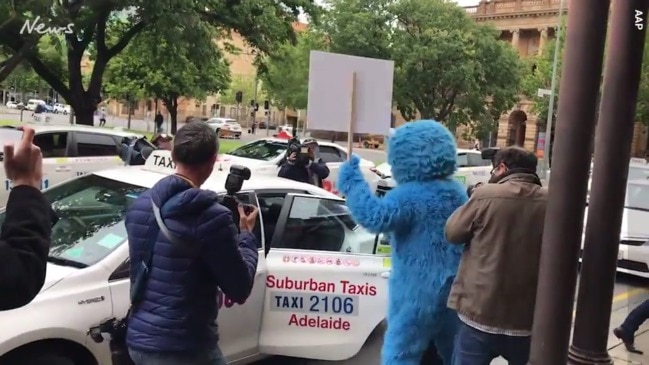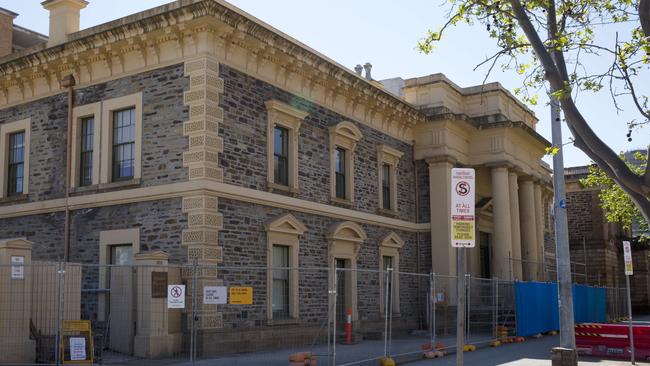Victims are waiting too long for justice, advocates say
South Australia’s court system is taking 15 weeks to hear serious cases. But it’s not all bad news – the figures show crime has actually reduced.

Crime in Focus
Don't miss out on the headlines from Crime in Focus. Followed categories will be added to My News.
South Australia’s clogged court system is the second slowest in the nation to clear cases, data reveals.
Australian Bureau of Statistics figures spanning the past decade show SA criminal courts take a median of 15 weeks to finalise matters.
Only Tasmania is slower, taking 16 weeks, but other states are far more effective, with Victoria taking 10 weeks, NSW and Queensland five weeks and WA three.
Law Society of SA spokesman Craig Caldicott said there were “thousands of matters awaiting adjudication in the courts, including hundreds of indictable matters”. He said the former Labor state government’s reforms aimed at reducing delays for major indictable matters “have not solved the issue, and in some cases have exacerbated it”.
The Courts Administration Authority would not comment on the figures.
Analysis by The Advertiser reveals the impact of the delays, with SA recording the largest decrease in matters finalised in the courts between 2010 and 2019 – a 31 per cent drop over 10 years. This compares to NSW, which increased its cases finalised by 3 per cent.
Victoria went up 29 per cent. WA and Queensland had decreases, but smaller than SA.

SA Police Assistant Commissioner Paul Dickson said the figures also reflected a reduction in crime rates since 2010, due in part to a number of police strategies.
Commissioner for Victims Rights Bronwyn Killmier also pointed to lower crime rates.
“When it comes to the number of cases finalised in our courts system, there is always more work to do, especially in ensuring victims’ rights are considered,’’ she said. “This is especially important when it comes to decisions made around whether to prosecute matters.”
Her predecessor Michael O’Connell said the reduction in matters being heard was good news for victims.
“Law reforms and practice changes have, for instance, led to more traffic infringement cases being diverted from the Magistrates Court and fewer cases proceeding incomplete from that court to a superior court,’’ he said. “Formal cautioning by police has also diverted cases from the courts.”
Mr O’Connell agreed that the decrease also reflected a decline in crime.
“On the other hand, (it) suggests the courts are still struggling to cope, especially with the increase in the number of prosecutions for sex offences,’’ he said.
Originally published as Victims are waiting too long for justice, advocates say


